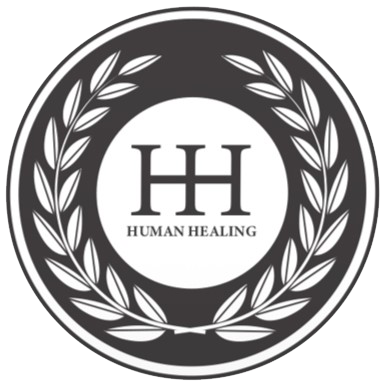Cold sores, also known as fever blisters, represent a prevalent viral infection characterized by tiny, fluid-filled blisters that appear on and around the lips. Typically, these blisters form patches and, once broken, result in the formation of a scab that can endure for several days. Fortunately, cold sores generally heal within 2 to 3 weeks without leaving a lasting scar.
The transmission of cold sores occurs through close contact between individuals, often via activities such as kissing. Primarily caused by the herpes simplex virus type 1 (HSV-1) and, less frequently, by herpes simplex virus type 2 (HSV-2), these viruses can affect both the mouth and genitals and may be transmitted through oral sex. It's crucial to note that the virus can spread even when sores are not visibly present.
While there is no cure for cold sores, managing outbreaks is possible through various treatments. Prescription antiviral medications or creams can expedite the healing process, reduce the frequency of future outbreaks, and make them less severe and of shorter duration.
Symptoms of a Cold Sore
A cold sore typically progresses through several stages:
-
Tingling and itching: Many people experience itching, burning, or tingling around the lips a day or so before the appearance of a small, hard, and painful spot that evolves into blisters.
-
Blisters: Small fluid-filled blisters often form along the lip border, sometimes extending around the nose, cheeks, or inside the mouth.
-
Oozing and crusting: The small blisters may merge, burst, and leave shallow, open sores that ooze and eventually crust over.
Symptoms vary, whether it's the initial outbreak or a recurrence. In the first instance, symptoms may take up to 20 days to appear, and the sores can last several days, taking 2 to 3 weeks to fully heal. Subsequent outbreaks tend to be less severe than the first.
Additional symptoms during a first-time outbreak may include fever, painful gums, sore throat, headache, muscle aches, and swollen lymph nodes. It's worth noting that children under 5 years old may develop cold sores inside their mouths, often confused with canker sores unrelated to the herpes simplex virus.
When to Seek Medical Attention
While cold sores often resolve without treatment, consult a healthcare provider if:
-
You have a weak immune system.
-
The cold sores don't heal within two weeks.
-
Symptoms are severe.
-
Cold sores frequently recur.
-
Gritty or painful eyes accompany the sores.
Causes and Risk Factors
Cold sores are caused by specific strains of the herpes simplex virus (HSV), with HSV-1 being the primary culprit. HSV-2, often responsible for genital herpes, can also spread to the face or genitals through close contact, such as kissing or oral sex. Shared utensils, razors, and towels can facilitate the transmission of HSV-1.
Triggers for a return of cold sores may include viral infections, hormonal changes, stress, fatigue, sun or wind exposure, changes in the immune system, and skin injuries.
Risk Factors and Complications
Almost everyone is at risk of cold sores, with most adults carrying the virus even without displaying symptoms. Individuals with weakened immune systems due to conditions like HIV/AIDS, atopic dermatitis (eczema), cancer chemotherapy, or anti-rejection medicine for organ transplants are more susceptible to complications.
Complications may include the virus spreading to fingertips (herpes whitlow), eyes causing eye infections, or, in cases of atopic dermatitis, widespread areas of skin being affected.
Prevention
While there is no cure, antiviral medications may be prescribed for frequent cold sore occurrences or for those at high risk of complications. Applying sunblock to potential outbreak areas if sunlight triggers the condition is also recommended. Additionally, taking precautions to avoid spreading cold sores, such as refraining from kissing or skin contact during outbreaks and avoiding the sharing of personal items, can help prevent transmission. Maintaining hand hygiene is crucial, especially when in contact with oneself or others, particularly infants, during a cold sore episode.

